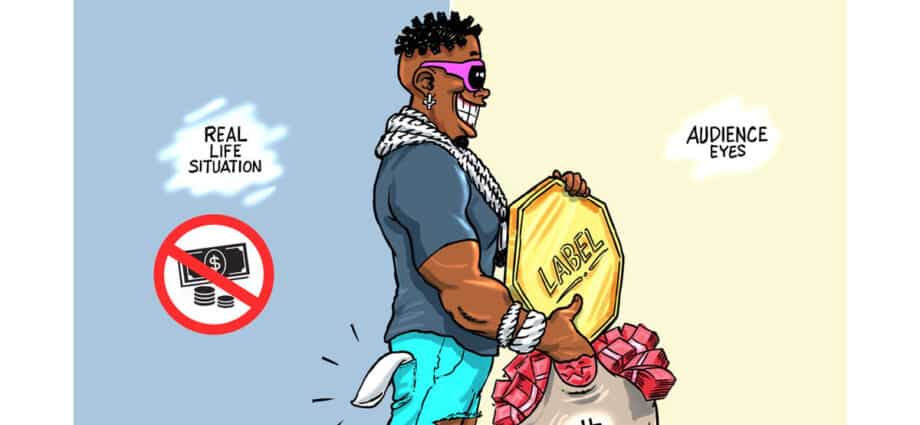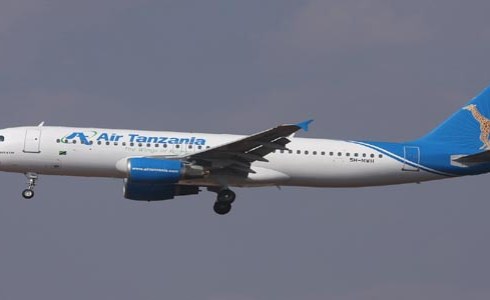
In Tanzania’s music scene, the dream is simple. Get discovered. Get signed. Get rich. Get a Defender new model. Post about it.
Then boom, life is good! But somewhere between “We’re launching your career” and “Unaweza kuja ofisini kesho?” things start getting… tricky.
So, let’s talk about it, what exactly is a record label supposed to do for an artiste? And what are they definitely NOT supposed to do even if everyone’s silently expecting it?
First things first: on paper, a record label is your business partner, not your sugar daddy.
Their job is to make sure your music is recorded, mixed, mastered, marketed, and making money.
They’re supposed to connect you to gigs, grow your brand, and help with distribution so that people are streaming your songs from Mbeya to Musoma. That’s the deal.
But then the unwritten contract shows up. You know the one: the invisible list of things artistes start expecting the minute they get signed.
“So, um… will the label pay my rent? Do they cover Uber rides to the studio? What about my girlfriend’s birthday cake? Can I get a new phone?”
Look, some labels do go above and beyond, and that’s amazing. But unless it’s written in ink, please don’t assume your label will start acting like NSSF.
Now, let’s talk to my fellow artistes. I know it feels fancy to say, “I’m signed to a label,” but here’s a wild idea, not every artiste needs one!
If you’re not ready for contracts, deadlines, and shared control over your brand, maybe stick to your independence for now.
The internet is your stage… YouTube, Instagram, Boomplay, these streets are yours if you hustle smart.
You don’t need a label to be great, you just need discipline (and maybe a ring light).
On the flip side, to all the big-name artistes who wake up one day and say, “I’m starting my own label!”…well, congratulations, but also… are you sure? Being a famous artiste doesn’t automatically mean you’re label CEO material.
Running a label is more than signing two of your cousins and calling it a day. You need a legal team, business strategy, financial management, and most importantly, patience.
Fame makes you popular, but structure makes you successful.
To the artistes, please stop signing contracts like you’re agreeing to iTunes terms and conditions. Sit down. Read. Ask questions. Get a lawyer, or at least someone who’s not just there for the free studio snacks.
Know what “recoupable” means. Understand your split. Because three years from now, when you’re viral and broke, saying “But I thought they’d pay my rent” won’t help you.
And, label CEOs, don’t sell dreams if you can’t deliver. If you’re not covering rent, say so. If you are, put it in writing. Don’t offer a soft life for six months and then ghost your artiste when they ask for transport to a show you booked.
This is not Tinder. Communication is key.
At the end of the day, record labels and artistes are like a music duo, if one person’s offbeat, the whole track flops. The industry needs more honesty, more clarity, and less drama.
Let’s build something sustainable, where talent is respected, business is clean, and no one is out here tweeting their pain every time a deal goes sour.
In short: artistes, manage your expectations. Labels, manage your artistes. And everyone, manage your money.














